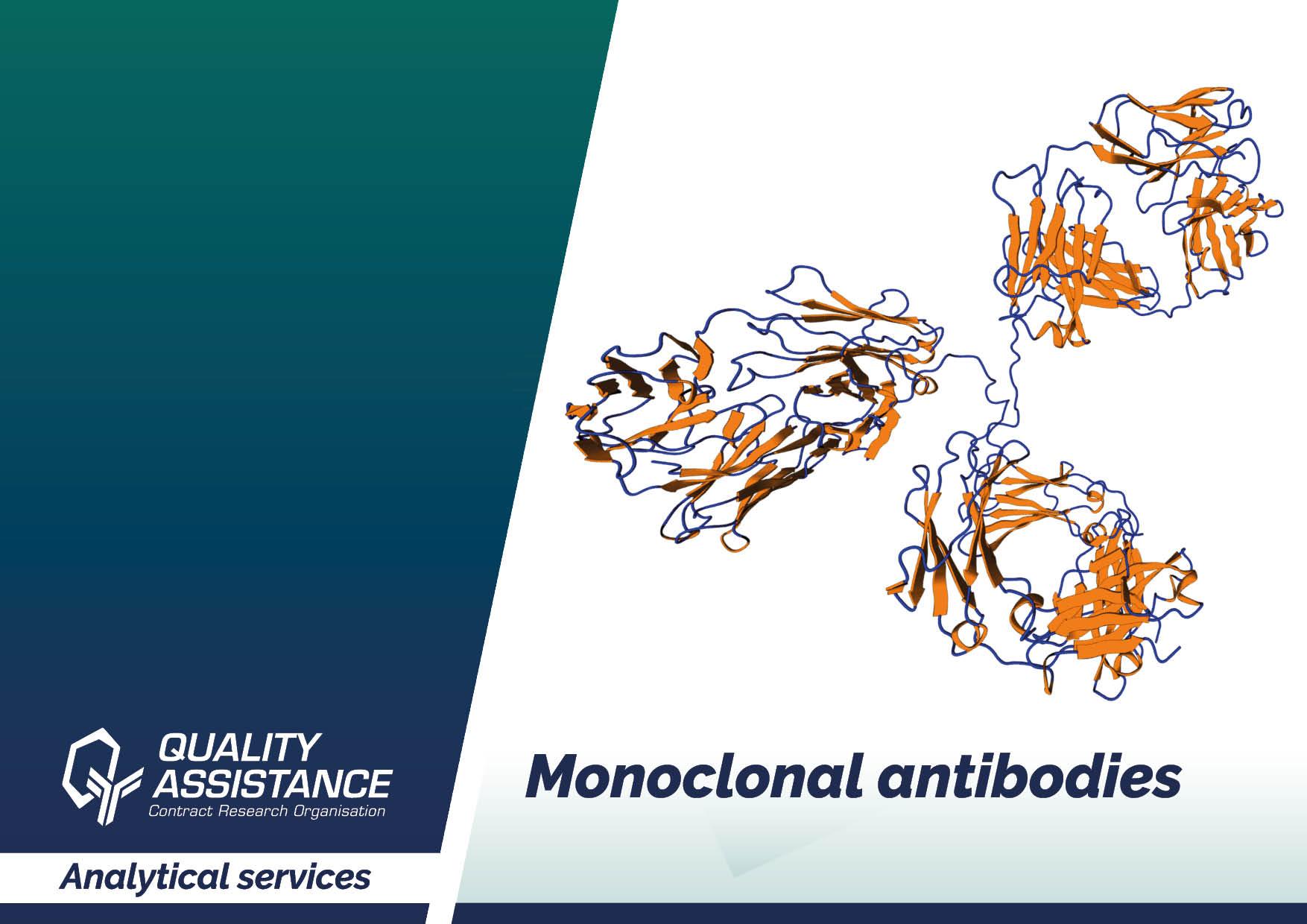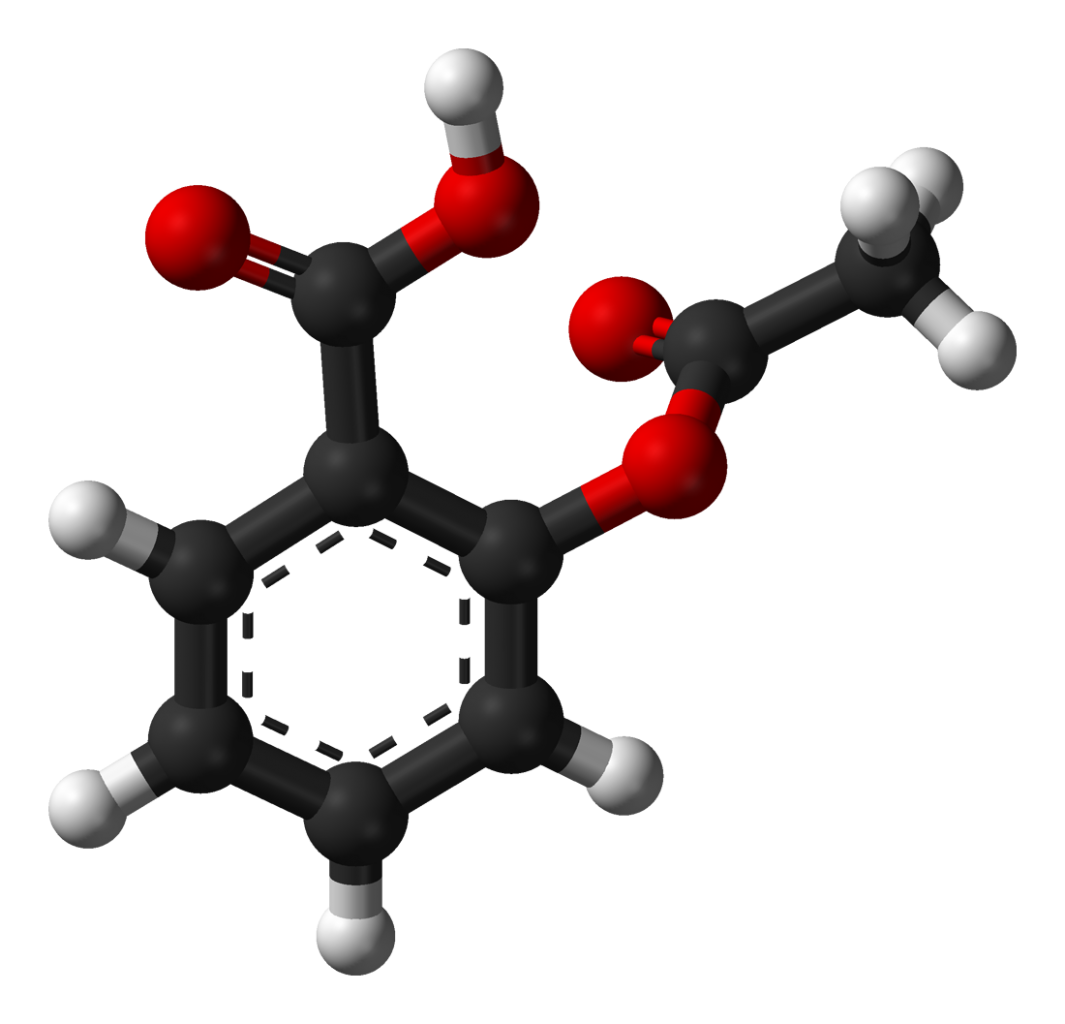mAbs (Monoclonal Antibodies)
Take no risk with your analytics when developing new therapeutic monoclonal antibodies. Our analytical teams take advantage of their extensive experience with the analysis of mAbs.
Throughout non-clinical and clinical development, our experts provide you with the customised solutions in terms of analytical protocols and innovative technologies to help you move your product from discovery to the market place.
Your analytical partner providing:
-
customised solutions in terms of analytical protocols and innovative technologies throughout non-clinical and clinical development.
-
a full range of equipment in Chromatography, Mass Spectrometry, Biochemistry, Cell Biology, Pharmaceutical Technologies and Microbiology, to meet all the challenges of developing and validating methods.
-
regulatory, scientific and technical excellence with a problem-solving approach
-
compliance with all applicable EMA, FDA and ICH regulations
-
GMP, GLP, GCLP/GCP environment
Your one-stop shop for analytical services
Outsource your analytical needs on one site for more efficiency including:
-
Analytical development
-
Validation of analytical methods as per ICH guidelines
-
Characterisation of mAbs
-
Bioassays
-
Bioanalytical services
-
Stability studies
-
Batch testing
GENERAL QUALITY
| Appearance | |
| pH / Osmolarity (if liquid) | |
| Water content / residual moisture (if lyophilised) | KF titration (volumetric, coulometric, oven) |
| Particulate matter | Optical microscopy / Light obscuration / Imaging Particle Analysis |
| Properties after reconstitution | |
| Zeta potential |
IDENTITY
| Intact protein molecular weight | Mass spectrometry (ESI-QTOF, MALDI-TOF) / SDS-PAGE / cGE |
| Isoforms | Mass spectrometry (ESI-QTOF, MALDI-TOF, ESI-IonTrap) / IEF / (i)cIEF / (U)HPLC (IEX, RP, SEC, HIC) / 2-D gel / Peptide mapping |
| Peptide mapping | UPLC (UV, QTOF, IonTrap) / MALDI-TOF |
| Immunological identification | ELISA / ECL (MSD) / Luminex / Western blotting / RID / Biacore / Octet (BLI) |
| N- and C-terminal sequencing | ESI-IonTrap (ETD) / MALDI-TOF (ISD) / Peptide mapping |
QUANTITY
| Protein quantity | BCA / Lowry / Bradford / UV / (U)HPLC (UV) / Slope Spectroscopy (SoloVPE) |
| Absolute protein content determination | ICP-MS (S, isotope dilution) |
| Determination of extinction coefficient | UV + ICP-MS (S, isotope dilution) |
PURITY & INTEGRITY
| Mass distribution profile | Mass spectrometry (ESI-QTOF, MALDI-TOF) |
| Structural integrity | Circular Dichroism (CD) / FT-IR |
| Isoforms | IEF / (i)cIEF / (U)HPLC (IEX, RP, SEC, HIC) / 2-D gel / Peptide mapping / Mass Spectrometry |
| Aggregation, fragments and particle size distribution | SEC-(U)HPLC (UV, RI, MALS) / A4F / cGE / DLS / SDS-PAGE / Imaging Particle Analysis |
| Glycosylation patterns | UPLC (FLUO, QTOF, IonTrap) / MALDI-TOF / CE (LIF) / GC (MS) |
| Disulfide bridges | SDS-PAGE / cGE / Peptide mapping |
| Free thiols | Fluorescence (NPM) / UV (Ellman, DTNB) |
| Degradation patterns (oxidation, deamidation, Lys-term truncation, etc.) | IEX / RP-(U)HPLC / SEC-(U)HPLC / SDS-PAGE / (U)HPLC (MS) / CE (icIEF, cGE) / 2D-Gel / Peptide mapping |
POTENCY
| Immunoassays / Cytotoxicity / Proliferative / Cell death / Cell migration / Cell receptor binding and activation / Reporter gene assays / etc. | ELISA / ECL (MSD) / Luminex / Cell-based assays / FACS / Biacore / Octet (BLI) |
PROCESS-RELATED IMPURITIES
| Residual solvents | HS-GC (FID, MS, ECD) |
| Residual proteins (including HCP, protein A, purification Ab) | ELISA / ECL (MSD) / Luminex / UPLC (MS/MS) / Western blotting / 2D-Gel / 2D-DIGE |
| Buffer components (including BSA, Tween, β-OG, Antibiotics) | ELISA / ECL (MSD) / Luminex / Colorimetry / (U)HPLC (UV, MS, RI, ELSD, CAD) |
| Antifoam agents (PPG, PEG, silicone oil) | ICP (MS, OES) / (U)HPLC (ELSD, CAD) |
| Residual DNA | Q-PCR / PicoGreen |
| Elemental impurities | ICP (OES, MS) |
| Microbiology | Bioburden / Sterility (filtration, direct inoculation) |
| Endotoxins and Pyrogens | LAL (kinetic, end point), Monocyte Activation Test, Recombinant Factor C |
PACKAGING
| Leachables | GC (FID, ECD, MS) / ICP (OES, MS) / (U)HPLC (UV, ELSD, CAD, MS) |
| Container Closure System Integrity | Bubbling / Dye ingress / Microbial ingress |
| Cytotoxicity / Biological reactivity | Cell-based assays / USP <87> |
PHARMACOKINETICS & TOXICOKINETICS / BIOMARKERS / IMMUNOGENICITY
| Drug / Metabolites | ELISA / ECL (MSD) / Luminex / UPLC (MS/MS) / ICP (OES, MS) / ESI-QTOF |
| Biomarkers | ELISA / ECL (MSD) / Luminex / UPLC (MS/MS) |
| Vehicles / Buffers | ELISA / ECL (MSD) / Luminex / (U)HPLC (UV, RI, DAD, FLUO, ELSD, CAD, MS) / ICP (OES, MS) |
| Immunogenicity | ELISA / ECL (MSD) / Luminex / Cell-based assays (neutralisation) / Biacore |

